
Humana’s 11th annual Value-Based Care Report highlights the impact of value-based care on patient outcomes and health care costs.

Humana’s 11th annual Value-Based Care Report highlights the impact of value-based care on patient outcomes and health care costs.

Will health care continue to be a prime target in 2025? And what can a practice do to protect itself from these sophisticated cybercriminals?

Study highlights need for ethical AI amidst global price race
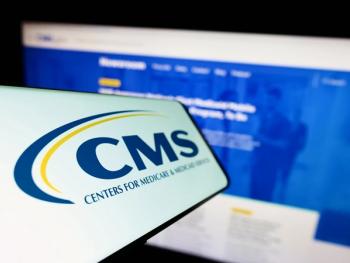
WSJ: Department of Government Efficiency examines payment and contracting systems.

Comments on 2026 rule include suggestions on behavioral health, AI and more.

New ACP guideline prioritizes affordable, patient-preferred migraine treatments over expensive CGRP therapies.
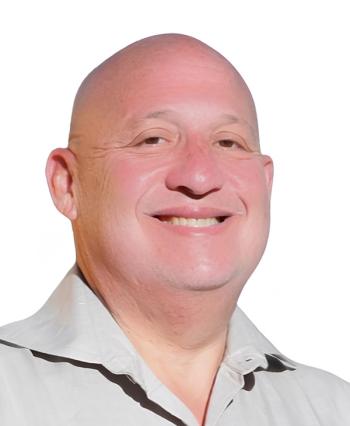
A digital estate plan ensures your family medical practice transitions smoothly, preserving its legacy, operations, and patient care for future generations.

AdvaMed points to supply chain risks if tariffs are applied to medical devices

For most investors, energy is a challenging stock investment to get their heads around.


Kennedy’s controversial nomination advances to a full Senate vote after a 14-13 party-line decision.

Ransomware groups primarily operate from a few countries, and how they find a small medical practice to attack might surprise you.

A physician expert discusses antimicrobial resistance across all of health care, and how primary care physicians can help.

The wrist wearable can collect data on blood pressure, pulse rate, blood oxygen saturation, respiration rate, and ECG waveforms

Inexperienced physicians who take longer to answer patient inquiries are better compensated than medical experts who are able to help right away.

As artificial intelligence and quantum computing emerge, they hold the promise of increasing efficiency, enhancing patient experience, and improving health outcomes. They also provide new tools for hackers to exploit.

Smart tax strategies empower physicians to cut liabilities, leverage deductions, and secure long-term financial success.

Meeting includes statements for and against Kennedy, known for vaccine skepticism.


An analysis by Gibbins Advisors.
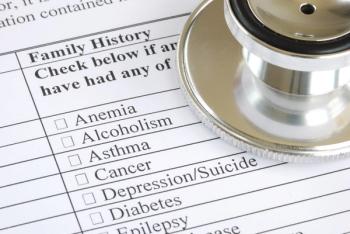
New study highlights gaps in education on preventive screening, genetic testing and mental health support for adoptees with limited family history.

Steward Health Care tops list as biggest hospital sector bankruptcy in decades, analyst says.

If cybercriminals are part of larger organizations, why can't law enforcement find and stop them?

Study highlights benefits of GPS tracking, geo-fencing and two-way communication.

Study examined Amazon’s RxPass to see how it affected medication adherence and cost
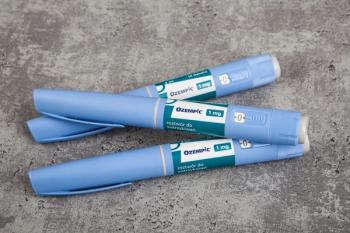
Amid mounting evidence of GLP-1 receptor agonists’ efficacy as weight loss drugs, ACP calls on policymakers to ensure access for patients in need.
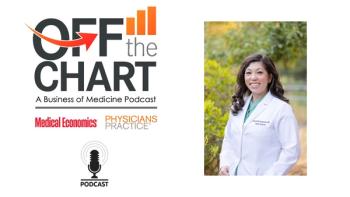
Maryal Concepcion, MD, FAAFP, the owner and CEO of Big Trees MD, shares her experience with direct primary care.

Health care organizations react to president’s declaration on imported medicines and medical equipment.


Cybercriminals are not allowing time for organizations to make a decision on whether to pay the ransom or not